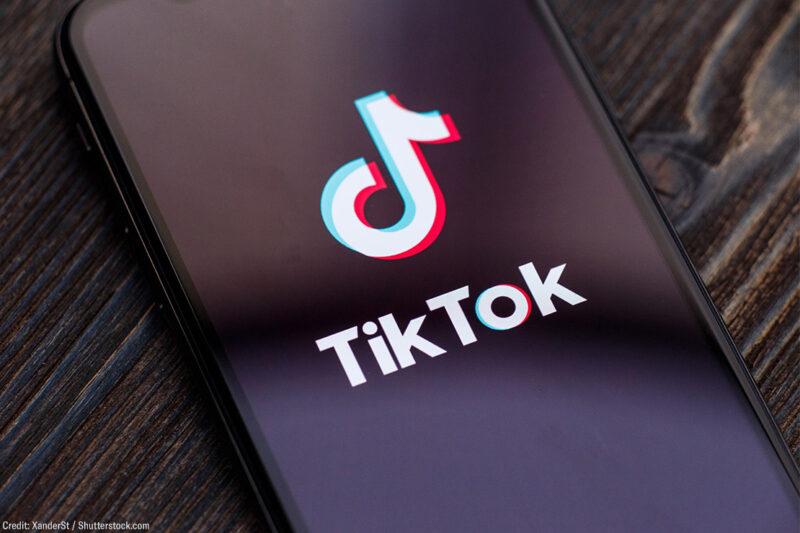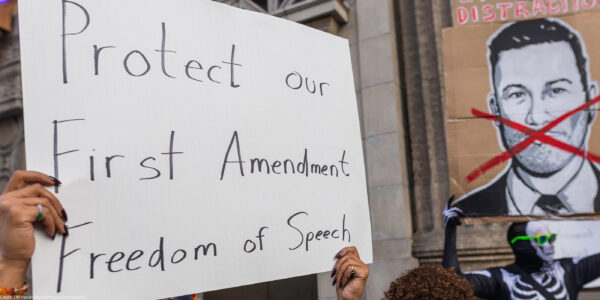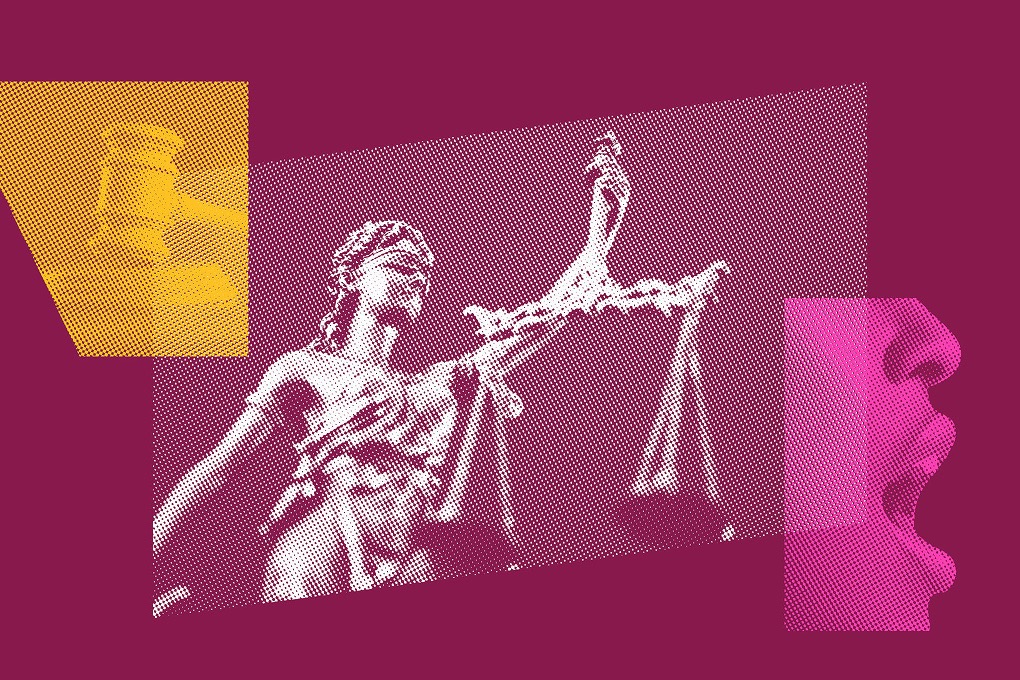Don't Ban TikTok and WeChat


President Trump’s executive orders threatening to ban TikTok and WeChat, two of the most popular messaging and social media apps in the world, are an unprecedented abuse of emergency powers. No president has ever taken actions like these against platforms that tens of millions of people in the United States use.
Selectively banning platforms does little to protect our personal data from abuse — comprehensive surveillance reform and consumer privacy legislation would actually help accomplish that goal. Instead, the bans could cut off the flow of information, art, and communication that social media provides, interfering with communities and connections users in the United States have with each other and with people around the world. This interference with freedom of expression and association violates the First Amendment.
Trump’s executive orders are vague and don’t explain the “emergency” purportedly at issue. They also leave important details unclear for 45 days — like the definition of “transactions” to which the bans apply, and how the prohibitions will apply to WeChat’s parent company, Tencent, which has investments in a number of U.S.-based businesses, including Reddit and Riot Games.
But here is what we do know:
Trump’s orders are an abuse of emergency powers under the pretense of national security.
Trump has claimed the power to ban TikTok and WeChat under a law that Congress passed in 1977, the International Emergency Economic Powers Act (IEEPA). When Congress passed this law, it intended to rein in abuses of presidential power. Too often, though, it has not worked that way.
The law allows presidents to respond to “any unusual and extraordinary” foreign “threat” to the United States’ “national security, foreign policy, or economy.” But Congress did not define terms like “emergency,” “threat,” or “national security,” or impose constraints on powers that presidents can abuse too easily, in violation of fundamental rights. That is why the ACLU believes presidential emergency powers — and IEEPA — must be fundamentally overhauled.
Meanwhile, Trump has taken abuse of authority to yet another level, invoking emergency and national security powers far beyond what Congress intended and the Constitution allows, to score political points, serve his xenophobic and racist agenda, and spread fear and uncertainty. He appears to be doing the same thing by selectively banning TikTok and WeChat, which are owned by companies based in China. But even under IEEPA, Congress explicitly says that presidents can’t ban any “personal communication, which does not involve the transfer of anything of value.” Trump's orders appear to ignore this important constraint.
Selectively banning entire platforms violates the First Amendment and harms freedom of speech online.
Millions of people in the United States watch or post videos to TikTok and rely on WeChat for connections to family, friends, and work relationships. They are all engaging in First Amendment-protected speech, association, and expression.
The online communities created by TikTok and WeChat are important to their users. People derive joy from posting songs and videos, or de-stressing in these stressful times with games or images of cats sitting in boxes. Simply sending a ❤ emoji to a family member or friend is a meaningful personal communication. People also use the apps for political activism. Influencers like Jalaiah Harmon, James Jones, and Addison Rae have hundreds to millions of followers on TikTok — with all the fun, earnings, and political influence it can bring. “Favoriting” or “liking” a post can convey meaning. It can also be financially important to the platform and to the businesses that advertise their goods and services based on that expressive information.
In about six weeks, the Trump administration will specify the “transactions” it wants explicitly to ban. The consequences could be far-reaching, impacting TikTok and WeChat users or app stores, Internet Service Providers, web hosting companies, or any of the other network services that are part of online communications.
Still, people who use the platforms are worried that they will lose access to their services and may already stop posting on or engaging with them. And there is real cause for concern. Failing to comply with Trump’s orders could violate IEEPA, which carries civil fines of up to $250,000 even if the violation is not intentional and criminal penalties if a violation is intentional. Subjecting people to penalties for exercising their freedoms of expression and association violates the Constitution.
Privacy concerns are not the motivating factor behind the bans.
The Trump bans refer to threats to privacy if the Chinese government gets its hands on Americans’ private information. It is true that the Chinese government censors, suppresses dissent, and commits authoritarian, rights-violating abuses — mostly against its own people. It is also true that TikTok and WeChat collect broad categories of their users’ data and there are legitimate concerns about the sharing of that information with the Chinese government. But the administration has provided no specific and direct evidence of harm from TikTok and WeChat — only vague speculation and assertions. There is no legitimate public basis for these extraordinary bans — and in any event, sanctioning entire platforms significantly harms users’ First Amendment rights.
In fact, the data TikTok and WeChat collect does not appear substantially different from the kinds of data other foreign companies or American companies like Facebook or Google collect. And Trump has made no attempt to address privacy invasions caused by these companies operating in the United States. Nor has he supported surveillance reforms that would better protect the sensitive data of Americans and others against warrantless spying by U.S. intelligence agencies.
If protecting the information of users in the United States were a true motivating factor, the U.S. government could, for example, support strong consumer privacy legislation that would limit the amount of data social media companies can collect in the first place. This, as the ACLU has long said, would reduce privacy threats from security breaches; discriminatory advertisements for jobs, housing, and credit; data brokers selling our information to target immigrants; and abusive demands by foreign governments.
The government could also pass legislation or seek international agreements ensuring that data brokers or companies providing services to people in the United States can only hand over data, such as location history or web browsing logs, to any government — including our own — if there is a search warrant or a similar process involving independent oversight and a showing of just cause.
The privacy harms from data collection by apps are real. But the solution isn’t to capriciously ban two platforms. Bans that violate the First Amendment are the worst choice — ineffective, unconstitutional, and harmful to the lives and interests of tens of millions of people.


